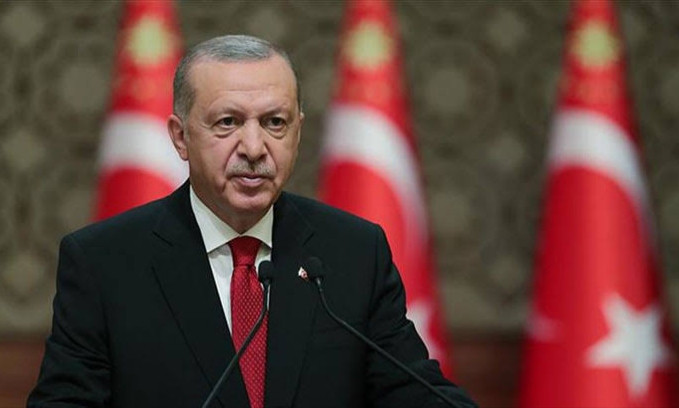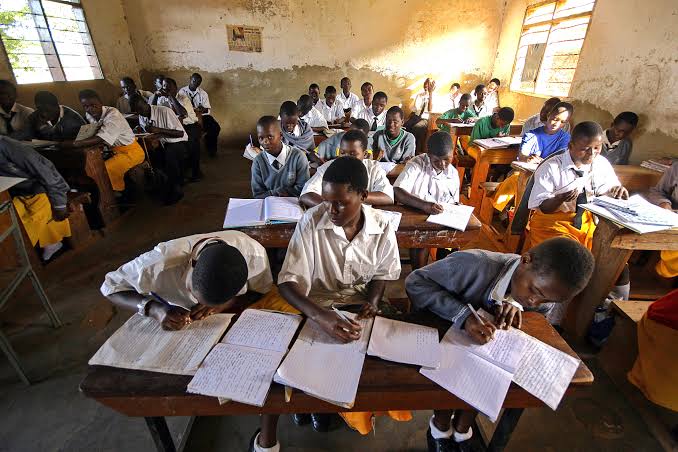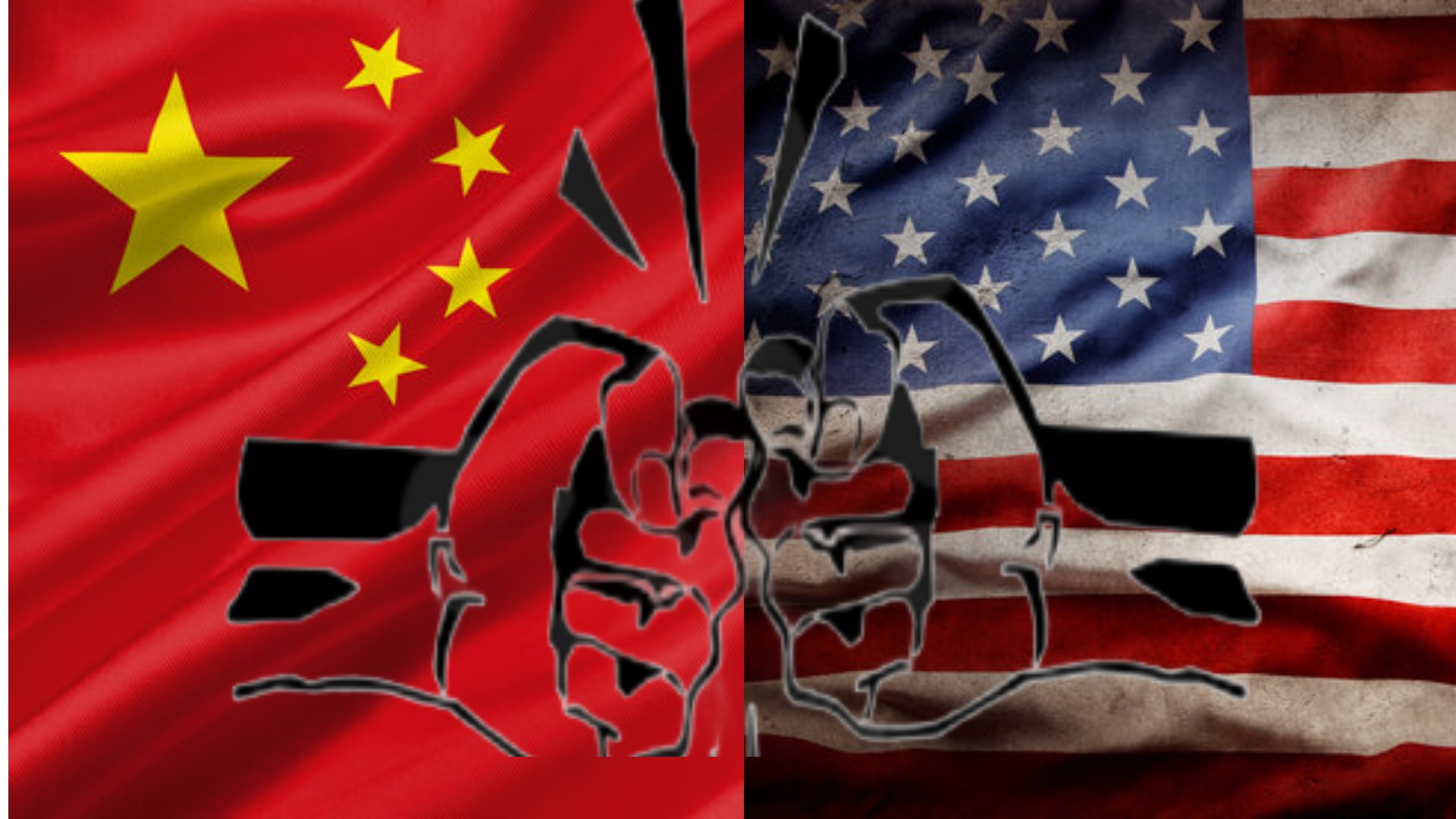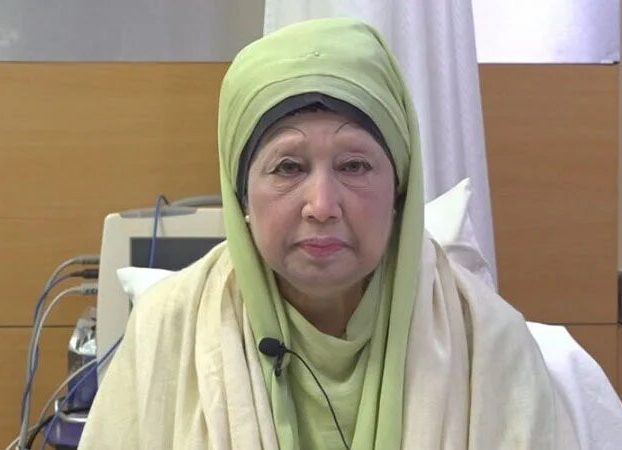
Recep Tayyip Erdogan, the current president of Turkey, is one of the most influential figures in Turkish politics. His rise is considered an important chapter not only in Turkey but also in world politics. Under Erdogan’s leadership, Turkey has undergone a transformation that has profoundly affected the country’s political, economic and social spheres.
Recep Tayyip Erdogan was born on February 26, 1954 in Istanbul. His family moved from Rijeka province to Istanbul. Erdogan had a keen interest in football as a child and dreamed of becoming a professional footballer. But his father encouraged him to join the government service. He completed his secondary education from Imam Hatip School in Istanbul and later obtained a bachelor’s degree in business administration from Marmara University.
Erdogan’s political career began in the late 1970s, when he joined the Islamist National Salvation Party led by Nezmettin Erbakan. He gradually made his place within the party and was elected mayor of Istanbul in 1994. During his tenure as mayor, Erdoğan achieved major improvements in infrastructure and cleanliness of Istanbul, which increased his popularity.
Justice and Development Party (AKP) and the Prime Ministership
In 2001, Erdogan formed the Justice and Development Party (AKP) with his colleagues. AKP emerged as a moderate Islamist party in Turkey. The AKP won a large majority in the 2002 general election and Erdogan consolidated his political power as prime minister. Under his leadership, Türkiye made rapid economic progress, which brought him popularity.
In 2014, Erdogan was elected president of Turkey in the first referendum. During his tenure as president, he initiated changes to Turkey’s constitution that gave him a stronger presidential role. Erdogan introduced an executive presidency system, giving him additional powers as the country’s chief executive.
Erdogan’s rule has been challenging and controversial. He has sometimes taken a hard line on relations with the West, and sometimes tried to repair them. After a failed military coup in 2016, Erdogan cracked down on the opposition, drawing international criticism. In addition, his regime has raised concerns about freedom of speech, independence of the judiciary and control over the media.
Erdogan’s leadership ushered in a new era for Turkey. Türkiye underwent many changes economically and politically during his reign. But there is no shortage of controversy and criticism surrounding his style of governance and his loyalty to power. His influence would last long in the future politics of Turkey, and he will be considered a controversial but influential leader in history.

 Md. Ibrahim Hossain Bishal
Md. Ibrahim Hossain Bishal 























